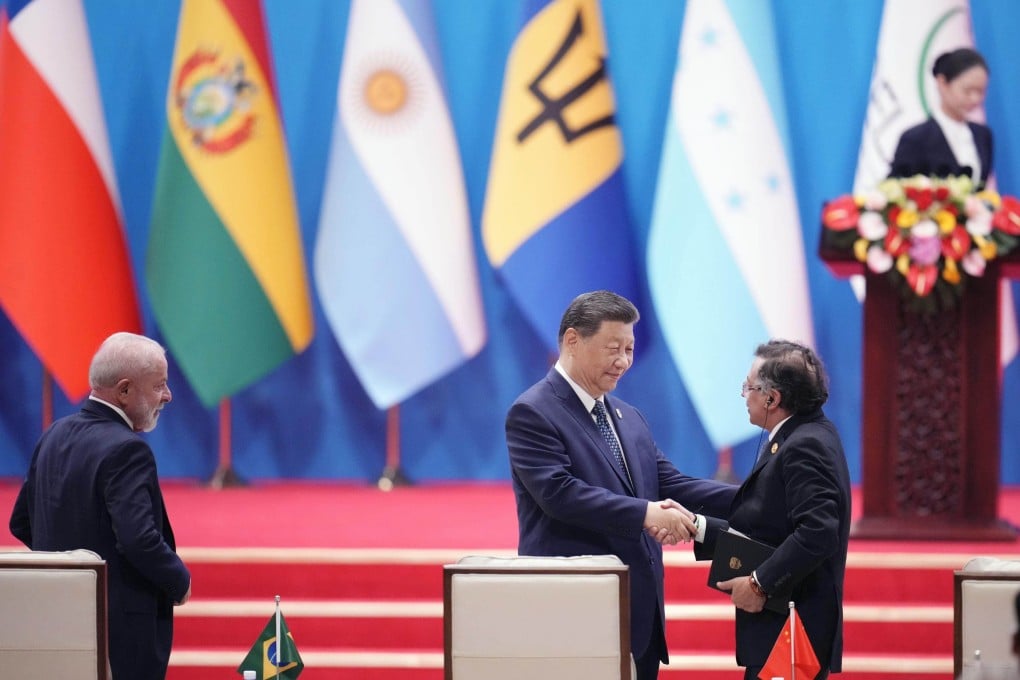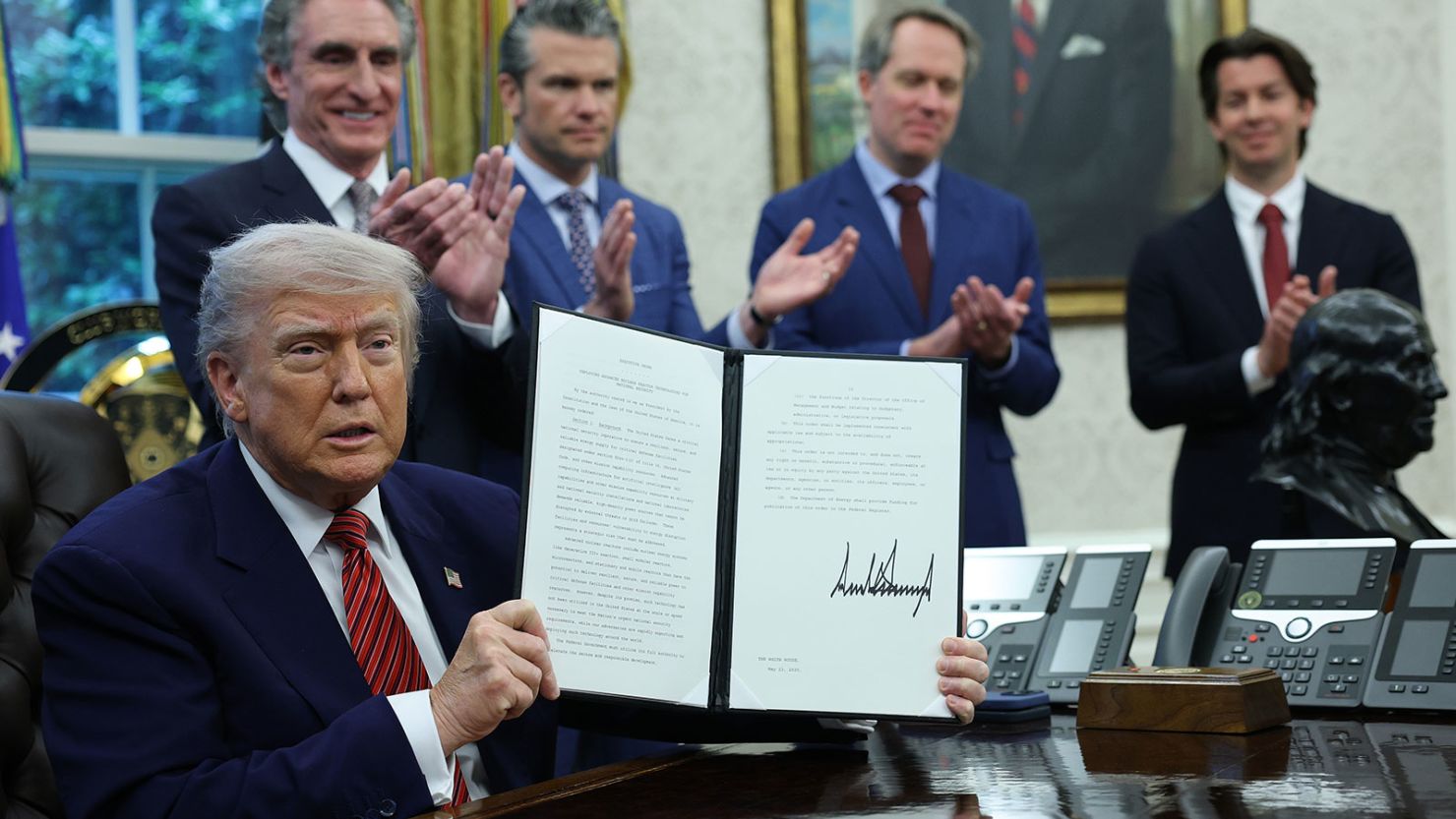Beijing joins regional bloc Celac in backing free trade and ‘more democratic’ international system amid the tussle for influence with US

Following a forum with the Community of Latin American and Caribbean States (Celac) in Beijing that finished on Tuesday, China and the 33-member bloc agreed to strengthen ties across a range of sectors and expressed support for free trade and a “more democratic” international system.
The event took place against the backdrop of Donald Trump’s global tariffs and other foreign policy initiatives that have raised questions about the future shape of the world order.
On Wednesday, Chinese foreign ministry spokesman Lin Jian said Beijing wanted to work with Celac to address their core interests and concerns.
“We believe … the China-Celac Forum will firmly stride into its next golden decade, opening a new chapter of the Global South’s solidarity,” he said.
He echoed the language of China’s top diplomat Wang Yi, who characterised the event as a “complete success”.
“China supports Latin American and Caribbean countries in expanding their influence on multilateral platforms and is willing to work with them … to provide a united voice on international and regional affairs,” Wang told a joint press conference on Tuesday with his Colombian and Honduran counterparts Laura Sarabia and Enrique Reina.
“No matter how the global landscape shifts or what external challenges arise, both sides will stand firmly together.”
A declaration issued after the meeting called for a “fair, transparent and rules-based multilateral trade system” and pledged closer cooperation across a number of sectors including trade, finance, infrastructure and law enforcement.
“We … oppose the use or threat of force and the imposition of unilateral coercive measures in international relations. We are committed to advancing a more democratic international order,” the document added.
The meeting also produced a three-year action plan, which included 66 billion yuan (US$9.2 billion) in credit for the region and an invitation for 300 politicians from the bloc to visit China each year.
Latin America has emerged as a key battleground in the competition between Washington and Beijing, including Trump’s threats to take control of the Panama Canal, which he said was controlled by China.
On Wednesday, President Xi Jinping met his Colombian counterpart Gustavo Petro, who holds the rotating presidency of the Celac, and Chilean leader Gabriel Boric.
Xi told Petro that China would import more high-quality Colombian products and encourage Chinese firms to invest in the country, according to state news agency Xinhua.
He also called for more cooperation on wind energy, new energy vehicles, the digital economy and artificial intelligence.
Petro said he hoped cooperation agreements signed with Beijing would not undermine his country’s trade ties with the US and that both nations could “deal with each other as equals without any problem”, according to the Colombian statement.
State broadcaster CCTV aired footage of Xi’s meeting with Boric, in which the Chinese leader said: “The international situation is in turmoil. Unilateralism and protectionism are … dealing serious blows to the international trade order. Against this backdrop, strengthened cooperation between China and Chile is all the more exemplary.”
Boric replied that his visit to Beijing underscored Chile’s commitment to multilateralism, adding “trade wars are not the way” to resolve problems.
In response, Lula said Brazil was willing to strengthen strategic coordination to safeguard the Global South’s common interests.
The following day he told a briefing that Brazil was not worried about US retaliation for getting closer to China.











